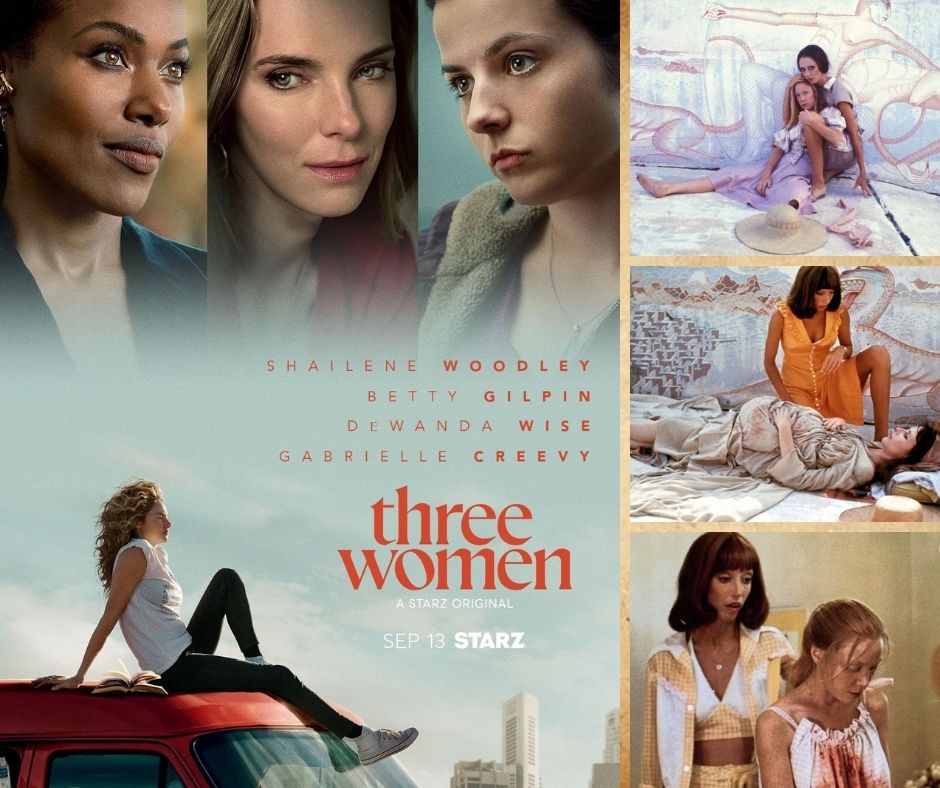3 Women
An Altman Classic That Left Me Cold

Overview: Two co-workers, one a vain woman and the other an awkward teenager, share an increasingly bizarre relationship after becoming roommates.
Dreamlike, mysterious, artsy, confusing, abstract… 3 Women is another one of those films that earns near-universal praise from cinephiles and on Letterboxd, while leaving me feeling strangely isolated for not connecting with it. And I did try. I was constantly doing my best—trying to stay open, even when I wasn’t quite sure what was going on, hoping to just let Altman’s vision move me. But that never really happened. In the end, even after reading about the symbolism and how it all came to Altman in a dream, I walked away cold and unmoved, frustrated that its great moments never really built to anything meaningful.
There’s no denying its strengths. The atmosphere is fantastic—unsettling and dreamy from the very first scene at the clinic, where it already feels like something’s being hidden—and the performances are magnetic. Shelley Duvall’s Millie is painfully tragic in her performative cheer, and Sissy Spacek plays Pinky with a strange mix of innocence and menace. Their shifting dynamic—this slow psychological dance of admiration, imitation, and eventual possession—is fascinating to watch. The film finds a strange rhythm that’s easy to sink into, especially in the more grounded first half.
I was fully on board then, pulled into the awkward texture of Millie’s life and Pinky’s fascination with it. But after a key traumatic moment, the film lets go of narrative structure. Identity starts to blur, time feels loose, and everything becomes more symbolic than real. It’s not that it got weird—I usually like weird—but it stopped making me care. The more it leaned into mystery and open-endedness, the more detached I felt.
I can see why people admire it, and I understand the impulse to dissect it. But for me, 3 Women never added up to more than an intriguing premise that slowly dissolved into fog. Some viewers feel haunted by it. I just felt left out—watching, thinking, appreciating the performances and the cinematography, but never truly feeling it.